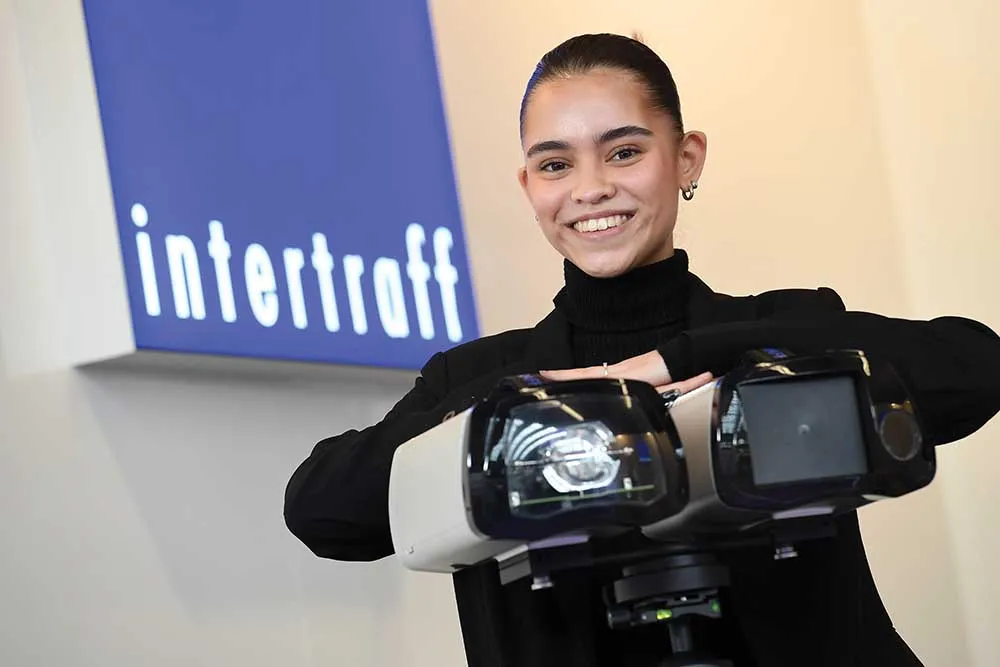Eurotech, a leading supplier of embedded technologies, products and systems, has launched SekuPlate, a new family of IP-based Licence Plate Recognition (LPR) systems that target demanding security and surveillance applications where intelligent association of vehicles and permission rights is needed Compact, versatile, and easily configurable, SekuPlate systems read licence plates and process them automatically, to monitor the passage of vehicles through toll gates, checkpoints, access areas, parking lots a
July 4, 2012
Read time: 2 mins

Compact, versatile, and easily configurable, SekuPlate systems read licence plates and process them automatically, to monitor the passage of vehicles through toll gates, checkpoints, access areas, parking lots and other similar applications. It is claimed the system delivers extreme reliability, with an accuracy rate on detections of 95% for front plates and 98% for rear plates, in all light and weather conditions. The design is compatible with traditional IT architectures and also benefits from connectivity to Eurotech’s cloud platform, dramatically cutting time-to-market when building scalable, robust applications that integrate devices with business applications.
SekuPlate products are now available to process license plates of European countries, Turkey, Morocco, South Africa, Brazil, Argentina, and also for plates featuring Arabic characters.










